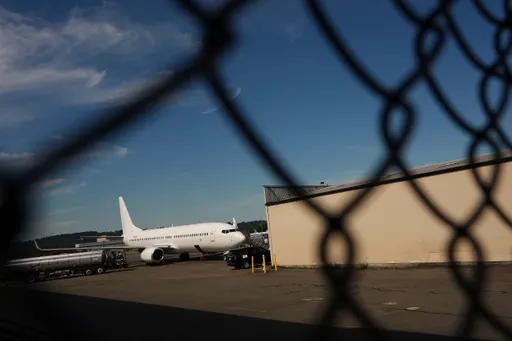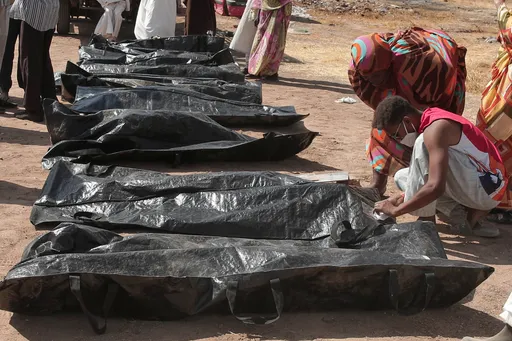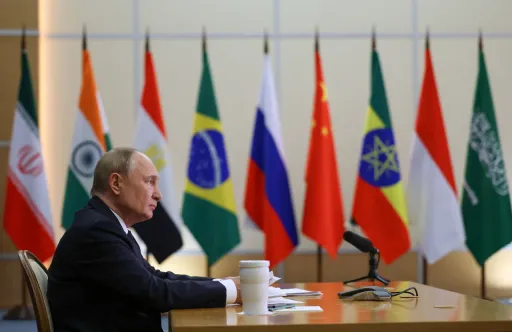By Abdulwasiu Hassan
Work came to an abrupt halt for Yakubu Kasim Yakubu, a technical assistant at a Nigerian telecom operator, when internet connectivity went off earlier this month.
Miles away in Ghana, Aminu Mohammed also encountered a similar outage at the bank where he works as the massive scale of the internet outage across West Africa emerged.
“In the initial stages we couldn’t understand what is going on. We thought it was a normal system downtime. As time went on we thought it was a serious issue and we needed to give it attention,” Aminu told TRT Afrika.
Hours later, Ghanaian communication regulator announced that the problem was bigger than a glitch in the system. It said undersea cables connecting West Africa to Europe had been damaged.
Network disruptions were soon reported in regional neighbours Benin, Burkina Faso, Côte d'Ivoire and as far as Namibia and South Africa in southern Africa.
“Ghana Association of Bankers responded on behalf of all banks in the country, assuring that the banking infrastructure is still solid. You still have access to your money,” Aminu said.
Undersea cables
The submarine cables affected were the West African Cables System (WACS), the Africa Coast to Europe (ACE), MainOne and SAT3.
Most of undersea cables are owned by private companies, with governments having minority shareholding.
In Africa, internet network providers rely heavily on submarine cables to provide internet connectivity to users, according to Abdullahi Salihu Abubakar, an IT expert.
In Nigeria, Africa's largest economy, the downtimes affected several institutions and business enterprises.
The total economic loss caused by the problem in Nigeria and across the region is not yet known.
The cause of the trouble was a damage to the cables somewhere near the coasts of Senegal and Côte d'Ivoire, according to the Nigerian Communications Commission.
No details of the cause were given. MainOne said the damage to its cable occurred offshore the coast of West Africa, adding that it was “a result of external incident.”
Restoring service
Last week, Ghana's communication authority said it would take upwards of five weeks to fix the problem. It said priority would be given to critical institutions such as banks, electricity and water plants in allocation of internet connectivity.
MainOne said it had “rerouted traffic" and that there was stability in its network.
Nigerian Communications Commission said voice and data services were quickly restored by 90% of normal capacity, adding that telecom operators had assured on normalcy pending the repair of the damaged undersea cables.
Though services had been restored, many users in the country still report poor connectivity.
Prevention
The big question is what can be done to prevent disruptions to African economies caused by damaged cables, considering the possibility of future damages to the cables cannot be ruled out.
Ghana’s National Communications Authority “recommended that the financial and utility service providers should in the medium and long term, consider holding critical services locally to ensure continuous service delivery in the event of a major disruption.”
Other analysts are of the opinions that institutions and individuals that rely on internet connectivity should make provision of alternative means of internet to avoid being stranded in case of future damage.
➤ Click here to follow our WhatsApp channel for more stories.



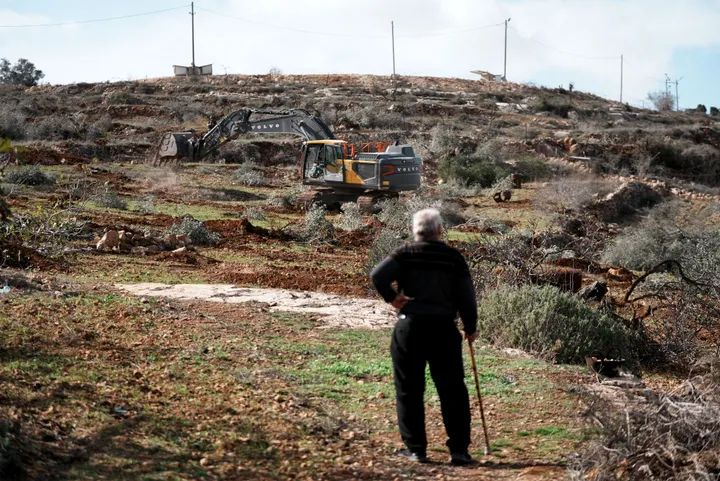
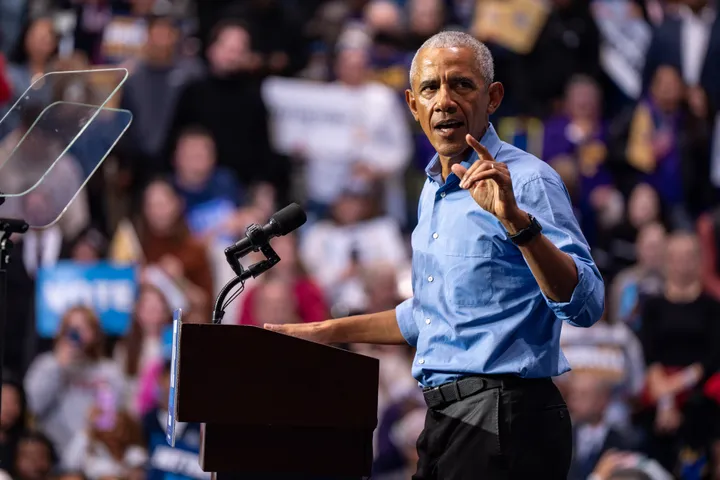





.JPG?width=512&format=webp&quality=80)





